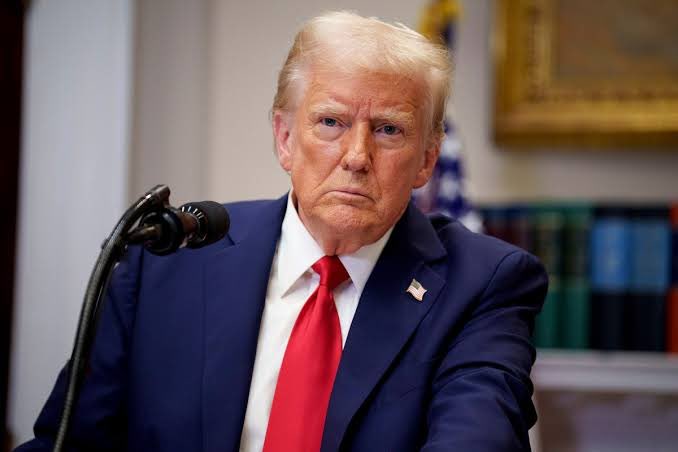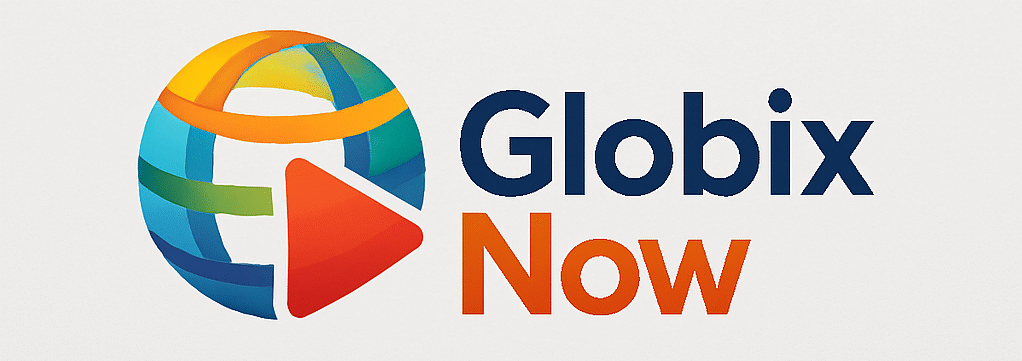In recent weeks, the controversy surrounding Jeffrey Epstein has resurfaced, but this time with a sharper political edge—Donald Trump’s name is increasingly being dragged back into the spotlight. As investigations intensify and new documents emerge, many are asking the same question: Why does Donald Trump appear so concerned about the Epstein files scandal?
This isn’t speculation anymore. Trump himself has recently stated that exposing the Epstein files is a “high priority” for the America First Party. But critics argue that this isn’t just about justice—it’s also about control. Control over the narrative. Control over names that may appear in the files. And control over what might be revealed about Trump’s own past connection with the disgraced financier.
Let’s be blunt. Trump and Epstein knew each other. In fact, Trump once said in a 2002 New York Magazine interview, “I’ve known Jeff for 15 years. Terrific guy. He’s a lot of fun to be with.” This was well before Epstein’s criminal history was public. But it’s that early relationship that raises questions. According to flight records and photos, Trump and Epstein socialized together on numerous occasions, particularly in the late 90s and early 2000s.
There’s no publicly released evidence that directly implicates Trump in Epstein’s criminal activities. But there’s plenty of curiosity around why Trump is pushing so hard to control the release of information now. He claims he wants transparency. But others argue that this aggressive push may stem from fear—fear of association, fear of media framing, and fear of political weaponization.
The timing is also crucial. Trump is once again running for president. His opponents—both within the Republican Party and the Democrats—would seize on any damaging revelations that connect him to Epstein’s vast network of crimes and enablers. If anything even mildly incriminating appears, it could become a PR disaster during an already high-stakes campaign.
And it’s not just Trump. The Epstein files are said to include hundreds of powerful names across politics, media, and business—some dead, some still influential. But Trump, being the most prominent political figure linked to Epstein in the public imagination, faces a unique level of scrutiny.
What adds fuel to the fire is that Trump has flipped his stance over the years. After Epstein’s arrest in 2019, Trump tried to distance himself, saying, “I had a falling out with him a long time ago. I was not a fan.” But this abrupt switch only deepened public suspicion. Why was he praising Epstein in 2002 and publicly cutting ties later? Was it just damage control?
Another reason Trump might be nervous? The court documents that remain sealed. Several survivors and whistleblowers have hinted that names not yet revealed could cause “shockwaves.” The unsealing of these names could happen during election season, and no candidate—especially one as controversial as Trump—wants to be associated with a potential scandal involving underage victims and elite abuse.
Let’s also not ignore the fact that conspiracy theories have taken hold of the internet. From QAnon claims to theories about intelligence agency involvement, the Epstein saga has become a breeding ground for wild speculation. Trump has, at times, appeared to flirt with these communities for political gain. But when those same communities begin turning their lens on him, it becomes a dangerous tightrope to walk.
Finally, the biggest wildcard is Ghislaine Maxwell. She’s in prison, convicted, but her silence remains deafening. She hasn’t fully spoken about her “client list,” and there’s ongoing speculation that she holds explosive secrets. Trump supporters fear a politically motivated leak. Opponents hope there is more to uncover.
In conclusion, Trump’s “fear” of the Epstein files may not be about guilt—it could be about optics, timing, and vulnerability. In a world where headlines move fast and attention spans are short, even an old photograph or vague association could become the focal point of a smear campaign. Whether he has something to hide or not, the fact remains: Trump is treating this issue like a threat—and that speaks volumes.

